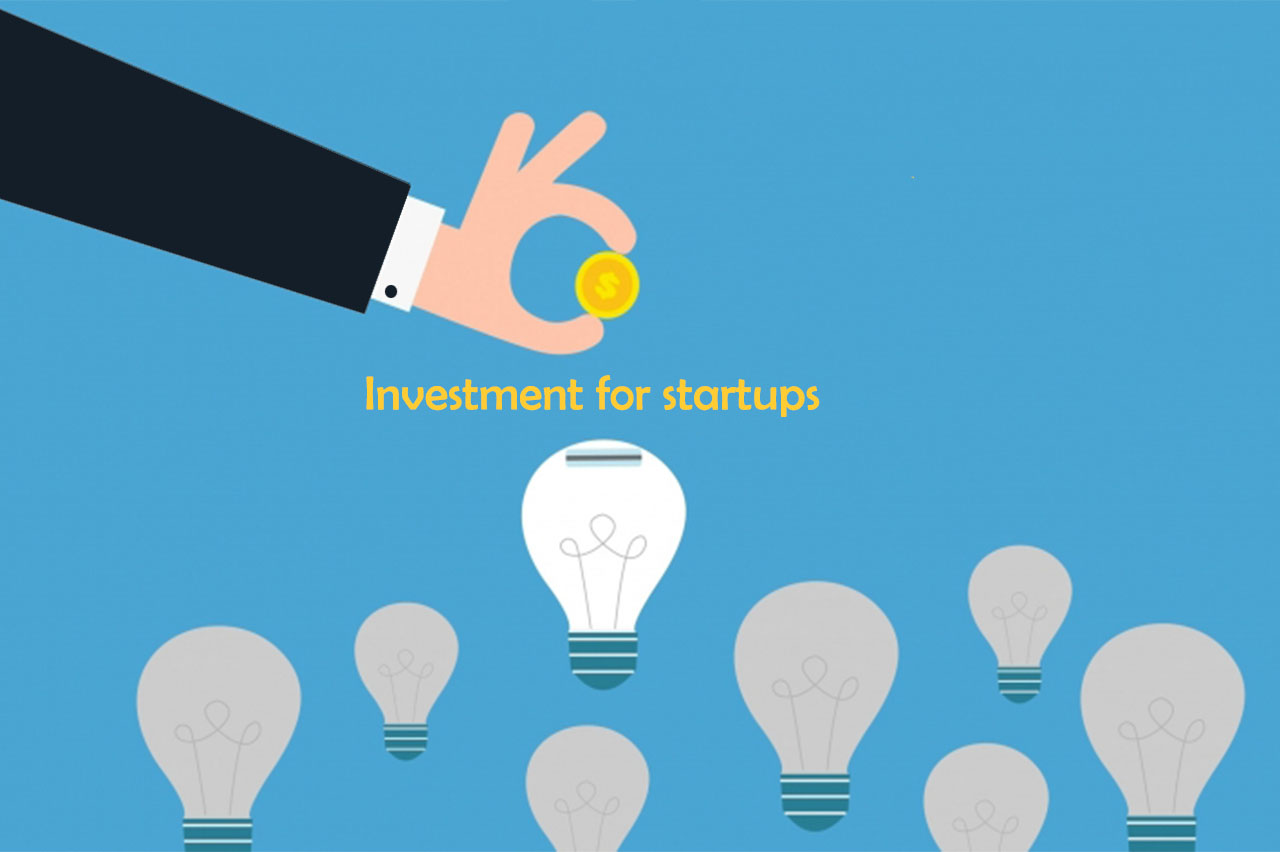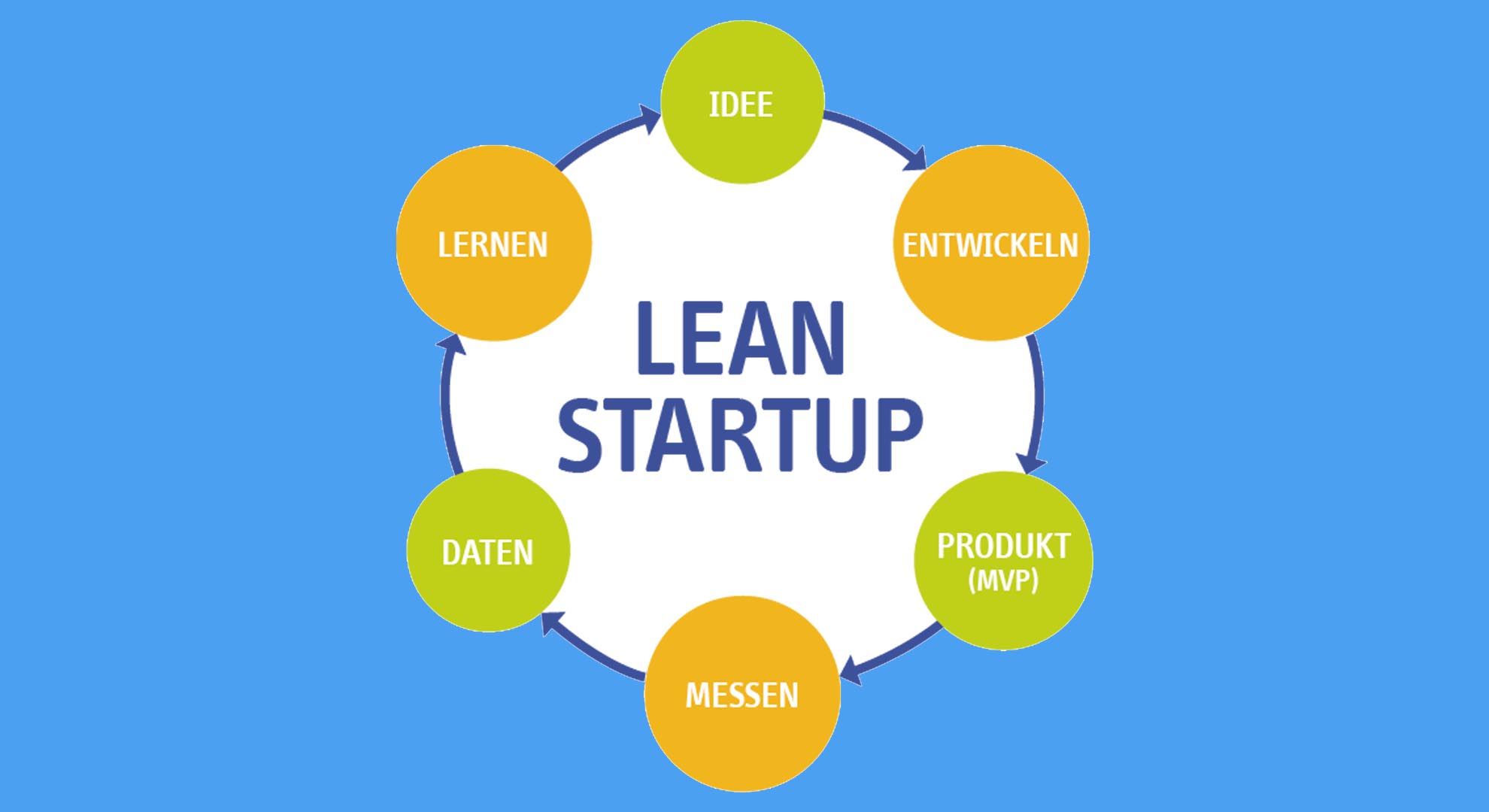Marketing advice is worth a million dollar, especially when it comes from the top gurus and leaders. Startups are no exception and even a grain of advice can lift them from ground to space. What we learn from experiences outshines that we learn at school or college. For a number of reasons, a startup may ignore some strategic issues that need to be addressed. However, this can create make or break situation for the business.
In this article, we are going to quote some of the best pieces of marketing advice given by top entrepreneurs to startups.
1. People Love Benefit, Not the Feature
Dharmesh Shah needs no introduction. HubSpot’s co-founder explains that marketers cannot ignore the human component of a value proposition. It doesn’t matter how better, unique or expensive you are, it is all about how you portray those dissimilarities in regard to the benefits, risks, and value that completely adheres your customers.
The uniqueness offered by the products or services is what sets it apart from the competition. The main purpose of buying a product or service (by a customer) is that it can solve problems and meet their needs. Customers’ first question is always: What is in it for me?”.
Therefore (as a startup) revisit your strategy if you are not on the given track. Focus on creating value for money to ensure that anyone who pays for your products and services remains a loyal customer for a longer time-period.
2. Creativity is the Key to Success
Nowadays, consumers are overloaded with the bulk of emails, promos, and messages around the clock. According to Scott Gerber, packaging your promotions and strategies in a unique way with a quality message that suits your potential customers is the key to success. On the other hand, CEO of HootSuite, Ryan Holmes is the view that you should be working with your users as much as possible.
Branding is what drives your business from zero to a multimillion-dollar company. As a startup, you need to set yourself apart and promote your business by reflecting unique brand values and creativity. For example, you can use social media to engage customers by writing catchy taglines, quotes or some unique offerings even before you launch it. Certainly you can attract an audience but you really need to have a massive number of followers to get more profit. If you are using Instagram for promoting your online business you can surely search for growth tools like Ampfluence to achieve a faster boosting.
Moreover, you can share insightful infographics or valuable videos about your products or services. In short, creative marketing is more important than extensive marketing.
Here is a list of tools that can help your startup be more productive and creative.
3. Test Your Marketing Ideas
Ross Kimbarovsky supports two weeks online marketing test instead of six-month marketing campaigns. With the help of two-week experiments, you will get a better idea of what is working and what does not.
Testing before deploying is the right move to ensure that your idea is going to work well. Startups are generally short of funds and have to spend carefully. Therefore, this advice suits their financial condition as well, as they can see customers’ response to test campaign and modify it accordingly.
A prime example of this is ‘A/B testing’. Whether you’re running a PPC or email campaign, testing multiple variants of messages and landing pages can help in identifying the best performing marketing collateral.
Moreover, if you aspire to inspect the most engaging areas of your website, heatmaps can be a very handy option. For example, you can change the theme of your website and monitor where the users clicked. What areas of the website were least considered by the audience and why? Heatmaps are used to track users’ behavior and can help you across the website: visitor tracking, form filling, social sharing, and others.
4. Talk to Your Customers
Laura Tenison backs a more hands-on approach to marketing. She keeps herself in customer’s place as a shopper before opening a new store by visiting store’s location from public transport to parking lots. Moreover, she stops customers on the road and asks them their opinion about location, store, and brand. This approach, as Tenison says helps customers feel empowered and allows them to have their own voice in company’s making.
Talking to your customers directly makes them feel like they own the brand. Nowadays, most of the marketing campaigns are run through social media where brands have better chance to interact with customers.
This gives them a better chance to know how their products or services are solving the problem, what areas need to be improved and what steps can improve their overall standings. The same goes for startups when it comes to initial testing and running marketing campaigns. The more you test, the better the chances of success of your startup.
5. Focus on Existing Customers
Tony Hsieh, when started his first company, came to the point that the more his team focused on offering customer experience and support, the more it showed loyalty. It helped the company to upscale through positive word of mouth marketing.
Existing customers are your future business and losing them can mean a lot to your company, from revenue decline to complete shutdown. The more the trust you put in your existing customers, the more the chances of being successful.
Especially, when it comes to word of mouth, there is no better way to market your startup product or service. Your existing customers are like the money in the bank, hence, don’t lose them with poor customer service.
Conclusion
Startups development and startup marketing are full of glitches and learning from the experiences are vital. If you are thinking of taking your startup business to the next level, make sure to follow those who have already gone through this phase. It’ll save you a lot of pain, time and wastage of resources.















